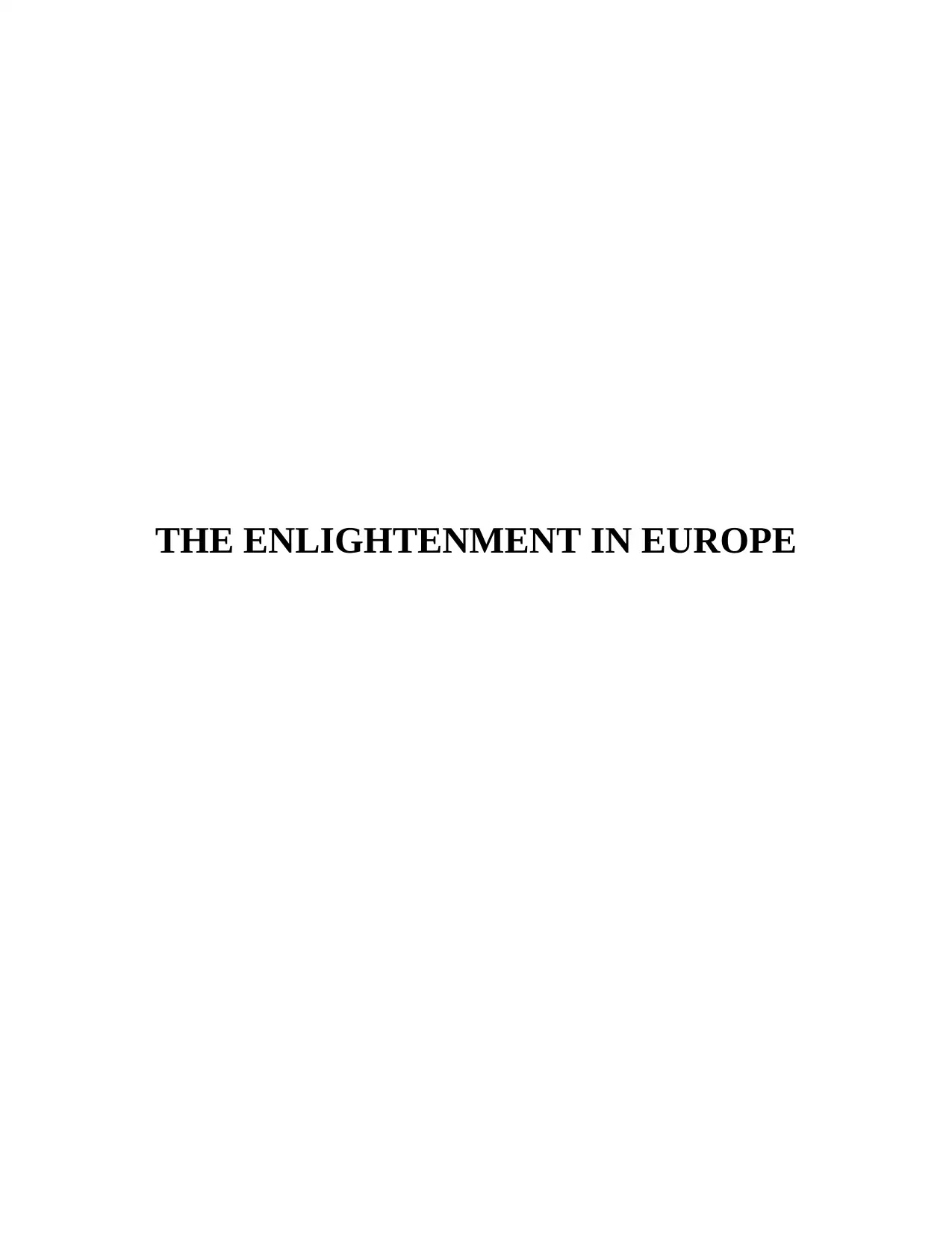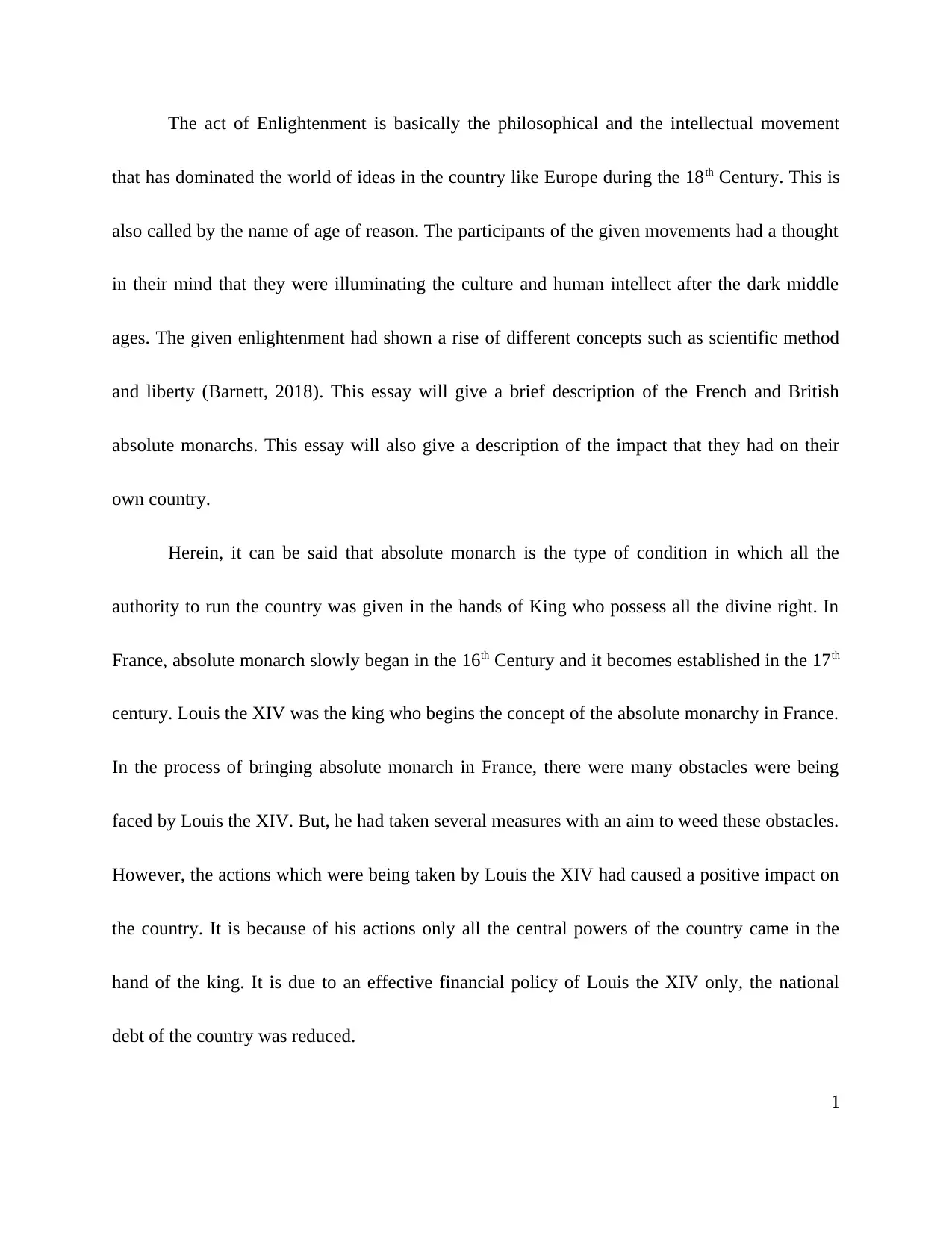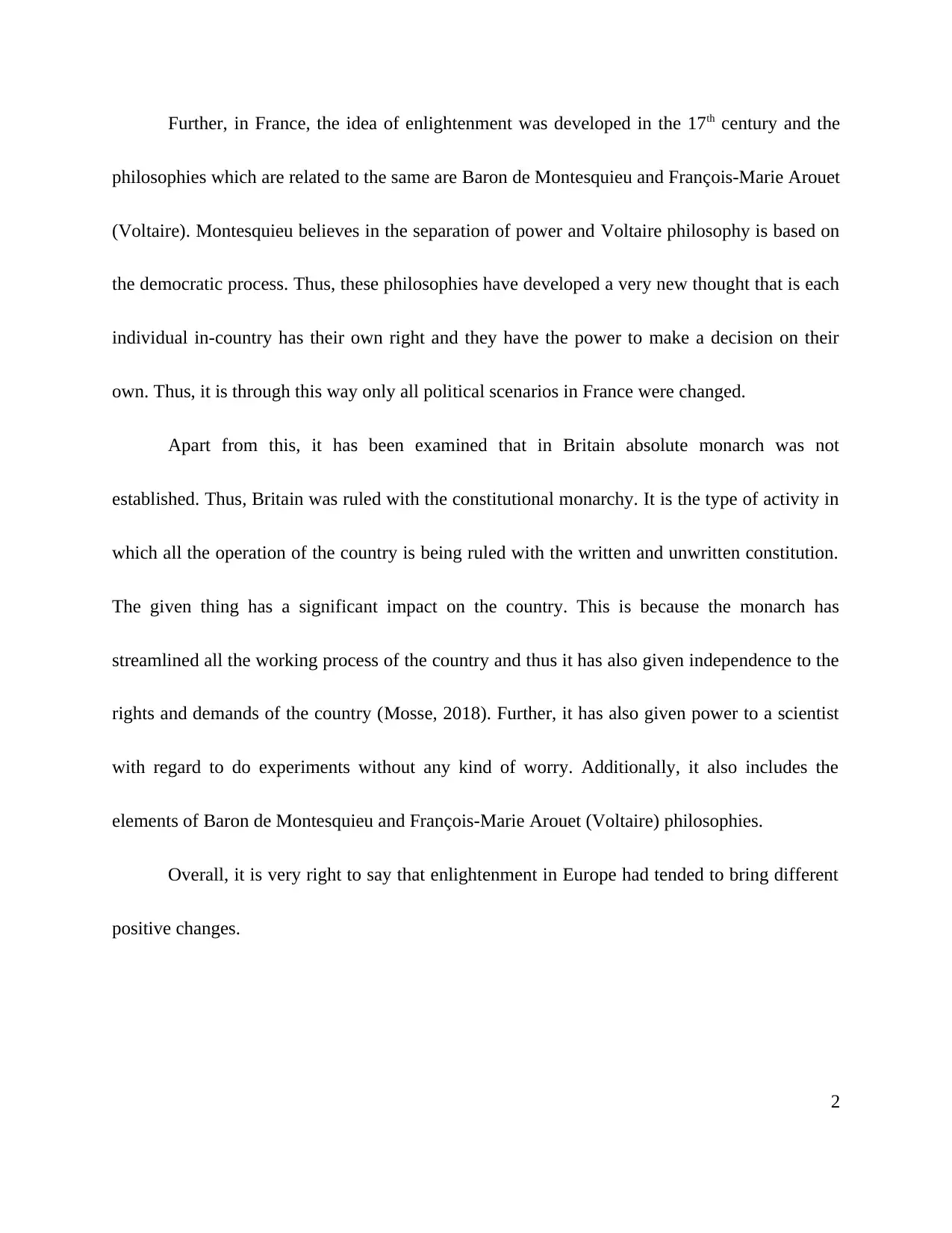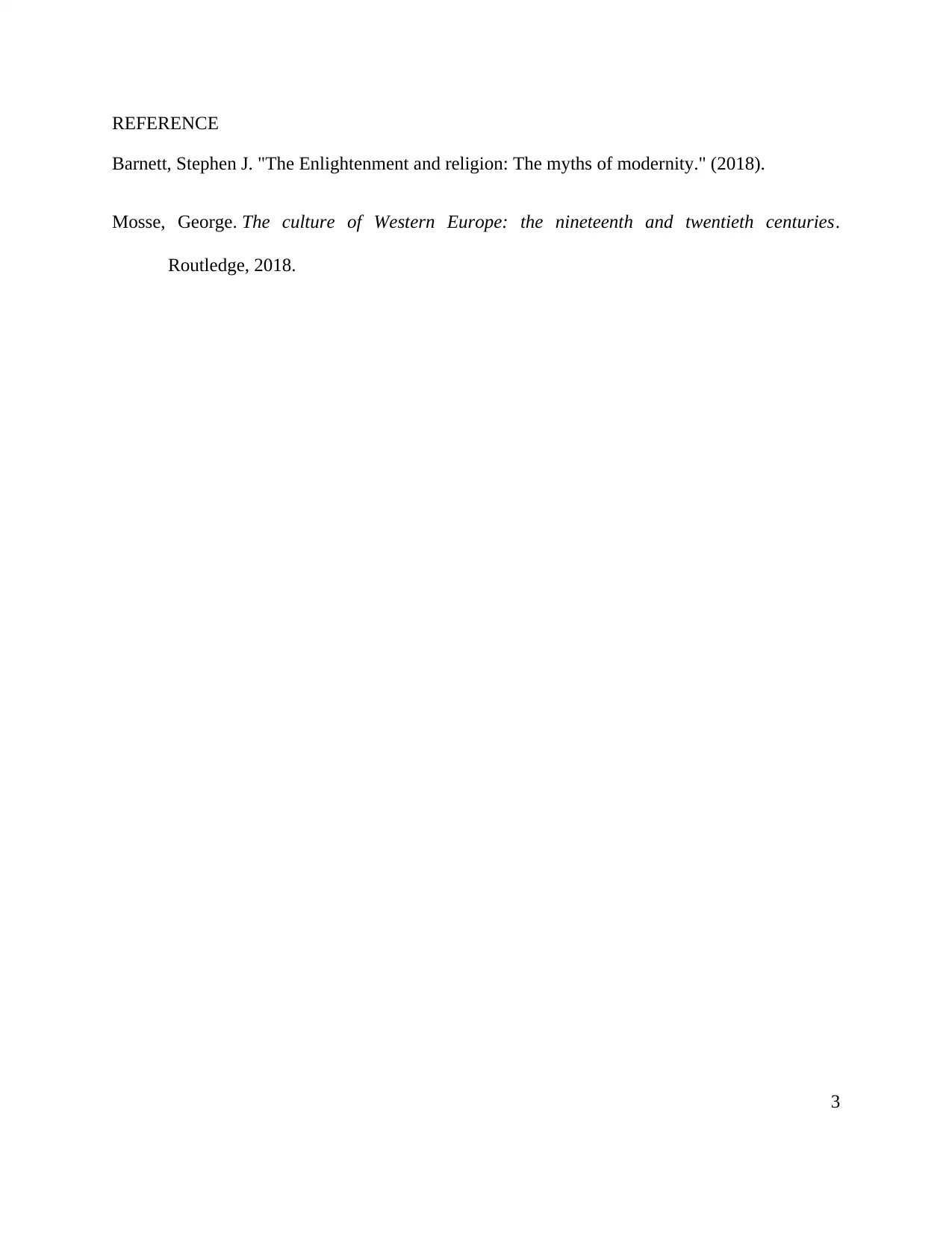European Enlightenment: Comparing French and British Monarchies
VerifiedAdded on 2019/09/23
|4
|604
|218
Essay
AI Summary
This essay delves into the Enlightenment period in Europe, examining its impact on both France and Britain. It begins by defining the Enlightenment as a philosophical and intellectual movement, emphasizing its focus on reason and the scientific method. The essay then compares the absolute monarchy in France, particularly under Louis XIV, with the constitutional monarchy in Britain. It highlights how Louis XIV centralized power and addressed financial issues, while Britain's system streamlined governance and supported scientific inquiry. The essay also discusses the influence of Enlightenment philosophers like Montesquieu and Voltaire on both countries, emphasizing their contributions to concepts such as the separation of powers and individual rights. Overall, the essay argues that the Enlightenment brought significant positive changes to Europe, shaping political and social landscapes through philosophical ideals and governmental reforms.
1 out of 4











![[object Object]](/_next/static/media/star-bottom.7253800d.svg)